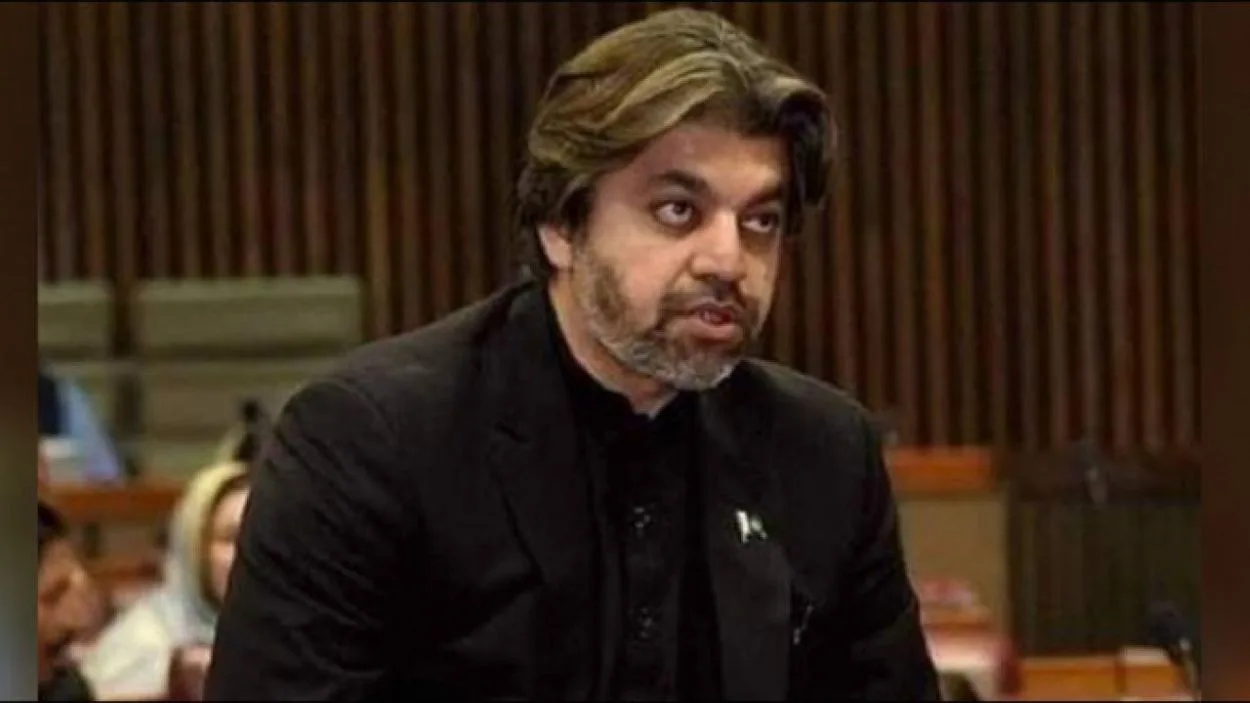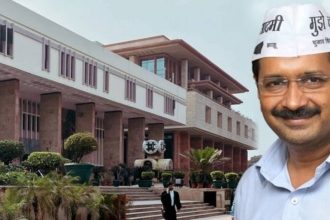Ali Muhammad Khan, a leader of Pakistan Tehreek-e-Insaf, was taken into custody for the fifth time shortly after his release from Mardan prison.
Previously, an anti-terrorism court (ATC) absolved Khan of all charges pertaining to the May 9 violent incidents and assaults on civilian and military establishments, ordering his release unless other charges existed.
However, shortly after his release, Anti-Corruption Establishment (ACE) officials arrested him on another charge outside the ATC premises. Khan responded to journalists: “Upon my release, the police sought to arrest me on another charge.”
Khan has openly opposed the “elements involved in the May 9 incidents”. Nonetheless, authorities assert that Khan was named in a case registered with the anti-corruption police.
His initial arrest occurred on May 11 by Islamabad police under Section 3 of the Maintenance of Public Order Order (MPO) related to the violent protests and attacks on civilian and military establishments in the prior month.
These violent protests, ignited by PTI Chairman Imran Khan’s arrest in the Al-Qadir Trust case, spread nationwide. The demonstrations, ending only after Khan’s release, allegedly saw PTI workers attacking private and public properties, including military installations. Eight fatalities occurred during these violent protests.
On June 7, the Peshawar High Court (PHC) also mandated the release of the PTI leader, arrested under the Maintenance of Public Order (MPO) Ordinance 1960 due to the May 9 violence.
A two-judge panel consisting of Justice Iijaz Anwar and Justice Syed Mohammad Attique Shah delivered the reserved verdict on Khan’s bail plea.






